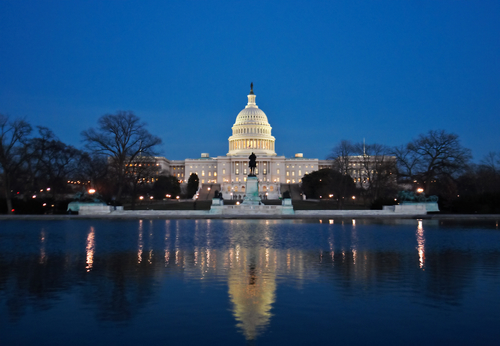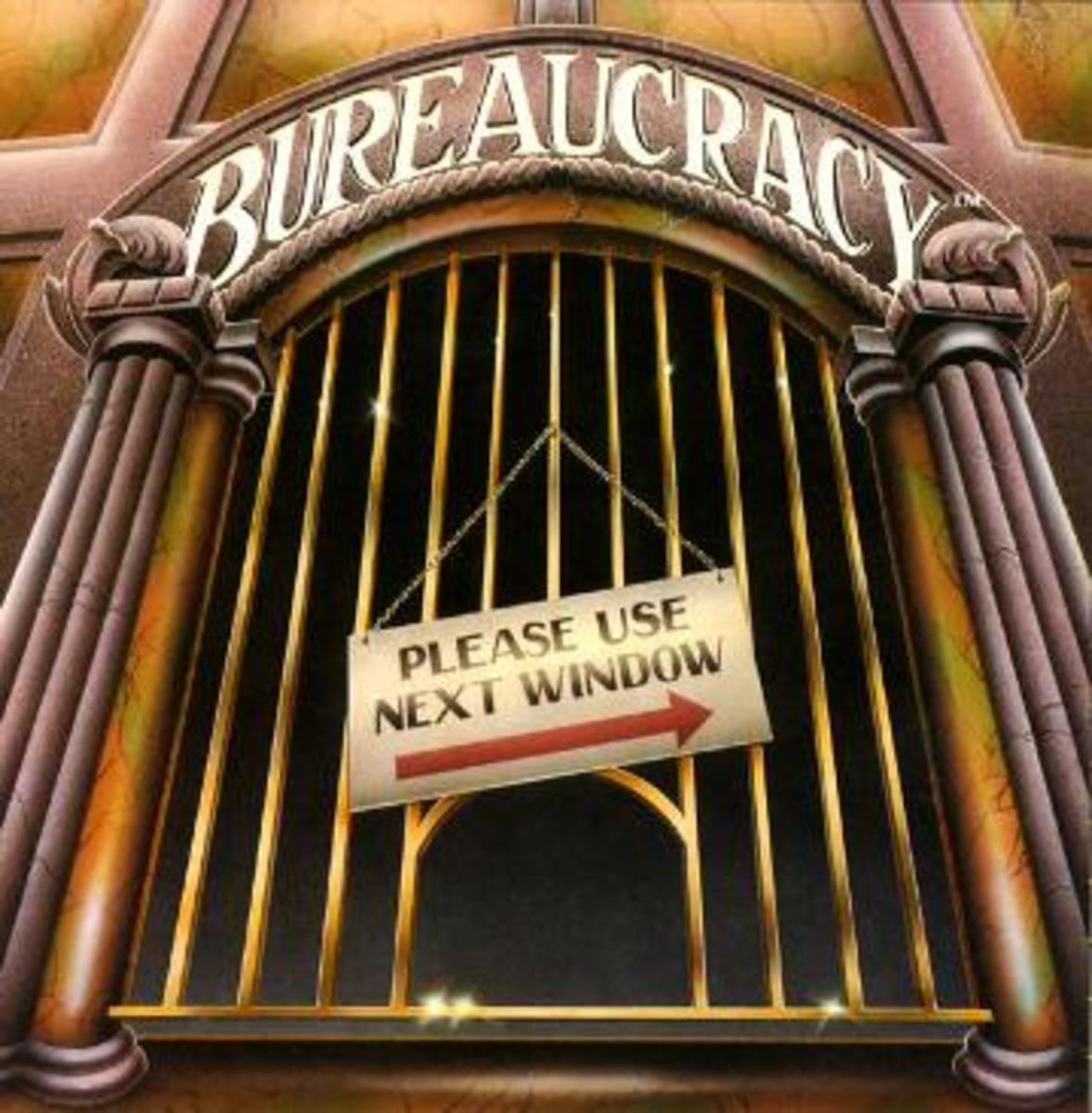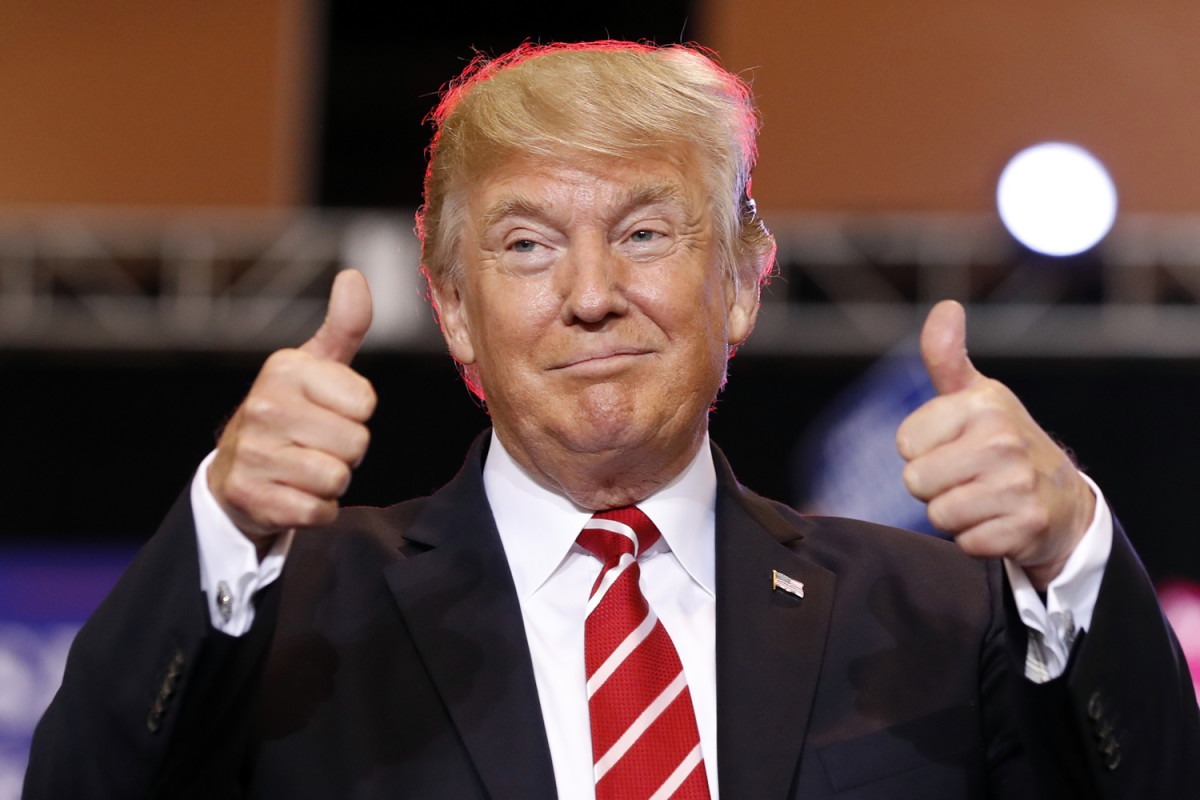How Does America Get Out of Debt?

We hear a lot about how much in debt we are as a country. Then we hear about deficits and surpluses, although, we haven’t heard much about the latter for several years now. They are actually two different issues. We have a surplus if we take in more money in a year than we spend. We have a deficit if we spend more than we take in. Our national debt is the amount the government owes at any point in time. Any debt we have gets added to an annual deficit or gets subtracted from a surplus. Simple enough.
The United States is definitely in debt, but truth be told, we are primarily in debt to ourselves. Nineteen percent of our debt is money we have borrowed from the Social Security Trust Fund. Another 11.3 percent the Treasury owes to people who have bought U.S. Savings Bonds. All our other debt is in the single digits: to U.S. households, to China and Japan, then down the list from there. The reality is America owes Americans $9.8 trillion. We owe foreigners $4.5 trillion. Simply put: Our debt is a problem of our own making.
The last time we had a surplus - we took in more than we spent - was in 2000. It was the result of a large tax increase in President Clinton’s first year in office leveled almost solely on upper-income taxpayers. His 1994 budget also contained some spending reductions. But the biggest factor in creating a surplus was a booming economy that brought in unanticipated tax revenues and huge gains in the stock markets that produced capital gains and rising salaries that produced more Social Security payments – more tax revenues. So in fiscal 1999 and fiscal 2000 the federal budget was theoretically balanced and the deficit erased – for a little while. We still had debt, but the Clinton administration left the country on track to paying it off if prosperity continued.
It didn't.
The Dot.Com bubble burst and the home mortgage crisis came rolling to a boil. In fact, Clinton’s FY2001 budget, which President George W. Bush inherited, generated a $133.29 billion deficit, so things had already started going from good to bad to worse. http://www.factcheck.org/2008/02/the-budget-and-deficit-under-clinton/
Then came tax cuts returning that previous revenue to the wealthy, refunding of the phantom surplus to the general population, September 11, 2001; and two decade-long wars essentially paid for with a credit card, unemployment, and housing foreclosures. And the deficits grew.
These recent years are not the first time America has experienced an explosion of governmental debt. The national debt tripled between 1950 and 1980. Then it quadrupled between 1980 and 1992. It periodically rose and fell then until 2000, and under President G.W. Bush it doubled. Under President Obama it has risen from $10.7 trillion to $14.2 trillion as of 2011 according to the Department of the U.S. Treasury.
Still, there is some good news to be found. The economy of the United States is the world’s largest national economy, and has been since the 1890s, with a Gross Domestic Product (GDP) estimated to be more than $15 trillion in 2011, approximately a quarter of the world’s productivity. We are also the world’s largest trading nation, primarily with Canada, China (holder of our largest foreign loans) and Mexico. We are the world's largest manufacturer, representing a fifth of the global manufacturing output. At least 133 of the world's 500 largest companies are headquartered in the United States. This is twice the total of any other country. This source also states the percentage of millionaires and billionaires who live in America, but I haven't included those figures because the true benefit of that fact may be yet to be determined. http://en.wikipedia.org/wiki/Economy_of_the_United_States
So, there is much in America to feel good about in financial terms. But, for all these glowing statistics, the cross we bear these days is DEBT. The 2011 Financial Report of the U.S. Government issued by the GAO projects that if our government was a business, it would basically be bankrupt. Yes, we’re spending more than we are bringing in. But we are also not paying down our debt. We are accumulating more. The budget deficit in fiscal 2011 of $1.299 trillion required the government to borrow almost forty percent of funds needed to meet 2011 expenditures. Basically, the only way we can get back into the black and erase the red ink in our budget is to make economic policy changes that create annual surpluses equal to 1.8 percent of GDP for each of the next seventy-five years. http://online.wsj.com/article/SB10001424052970204720204577130932290881206.html
So solving this problem is not just about who we elect as the next president. It is about how do we change our financial habits whichever party is in power? How do we do that? Well, it would seem there are as many suggested solutions as there are people willing to stand before a microphone or write a blog. One idea has been put forth by a group some might find to be a surprising collaboration of former adversaries.
Fiscally Sound America, (believe it or not) is a group of retired congressmen from both major parties. They have suggested that reforming tax expenditures should be the top priority for budget reforms. Tax loopholes or special tax breaks result in more than $1 trillion in lost revenue every year. Those losses were larger than all income taxes paid by individuals in 2011.
“With our national debt rapidly increasing as a share of our total economy and our nation’s economic growth stagnated, we can no longer wait for the next generation to make the tough decisions necessary to resolve our fiscal issues,” said Tom Tauke, U.S. Congress retired (R-IA) co-chair, FSA, and Executive Vice President, Verizon Communications. “We have a moral responsibility to save our country. And we believe that the vast majority of Americans are willing to do what is necessary now to ensure a bright future for themselves and their children. We simply cannot delay these difficult choices anymore.”
Of course the argument could be made that FSA members were the very elected officials who allowed the current fiscal situation to develop on their watch. On the other hand, who better to know where the mistakes lie that need to be fixed? And possibly only those with that kind of knowledge - who are now out of office - can do anything about it.
Pimco Managing Director William H. Gross runs the world's biggest bond fund. He puts the situation in these terms, “An expansion in credit, debt, and deregulating over the past ten or twenty years got us here. It was a ten- to twenty-year process moving in, and it will probably take a long time moving out. Some have suggested the Biblical seven years fat and seven years lean as a way of illustrating our present circumstances.”
Who knows? Surely at some point sooner or later we will figure it all out. Winston Churchill once said, “You can always count on Americans to do the right thing, after they have tried everything else.”
We. the People: who landed on Plymouth Rock and cleared the wilderness all the way to the Pacific Ocean. We, the People: who fought our own brothers over states’ rights and the blight of slavery only to come out of that most costly of all American wars strong enough to take on, not one, but two wars that involved so much of the planet’s total population the first word for each of them was – World.
How many times have we said, “If we can put a man on the moon then we can. . . ” No citizen standing on any piece of ground other than the United States of America can say that. We can do anything we put our minds to. We’ve proven that fact too many times for anyone, anywhere to question it. And we can do this. We can solve our debt crisis – if we decide we are willing to do what it will take to do it.
When our founding fathers wrote, “We, the People” they must have known times like this would come for our country. Otherwise, they wouldn’t have had the foresight to give us the tools we need to fix such problems. And we do have the tools. Which begs the question: why don’t we use them and get this done? In the Bible, the writer of Hebrews talks about our being surrounded by “so great a cloud of witnesses.” Those witnesses who have gone before us, paved the trails, and laid down their lives, know there is no problem too great for us to solve.
It won’t be easy.
But then, what about America ever has been easy?








